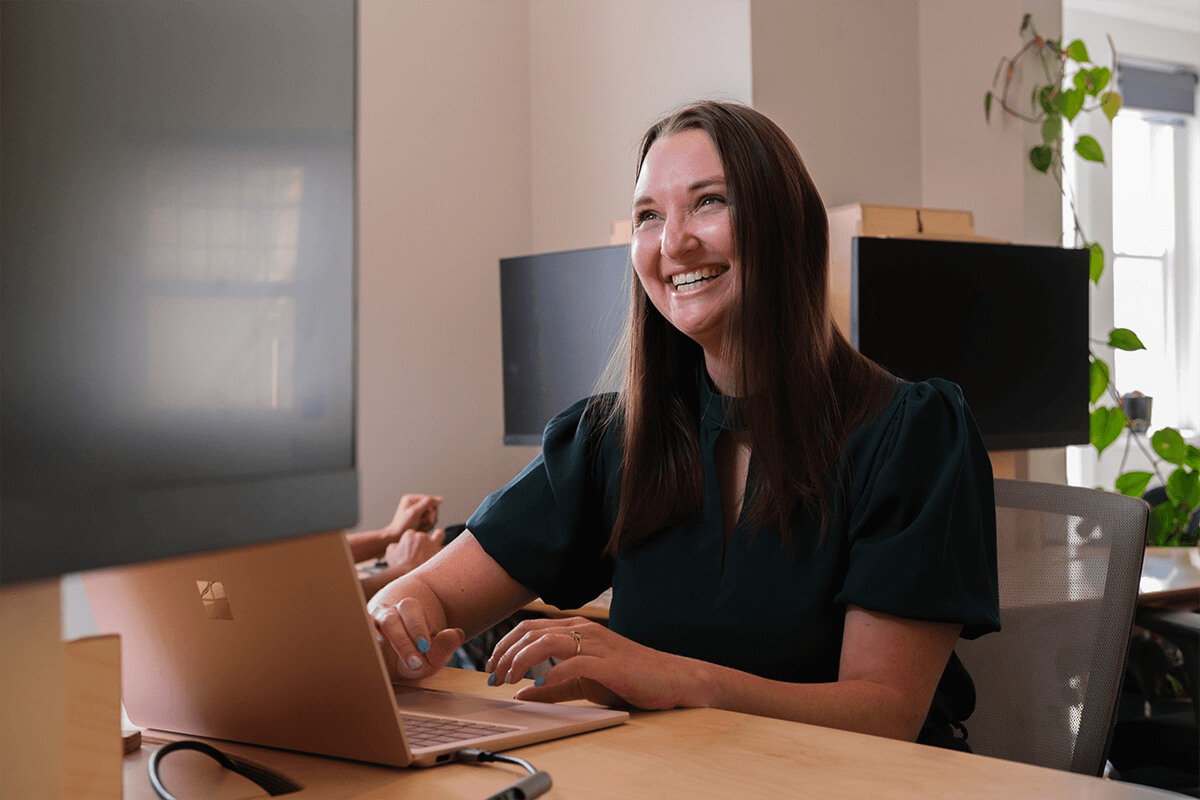A Google Ads guide on selecting effective & affordable keywords.
High CPCs (Cost per clicks) can be the rain on your money-making parade. With costs ranging from $0.01 to >$50.00, it’s important to understand how CPCs are formulated.
Before we can establish how to find affordable (yet still effective) keywords, we need to understand what makes a keyword expensive. Fortunately for you, the answer is (kind of) simple.
What determines a keywords cost?
Google has a limited supply, in this case 'ad inventory’. This depends on how many people are searching for various keywords.
If demand increases (the number of advertisers wanting to bid for a keyword) and supply remains the same (the number of people searching for the keyword) then your CPC will likely increase.
This is because the bidding process is an auction, with users competing for limited ad inventory.
Throwing a spanner in the works
The caveat, there is another factor aside from cost that determines your ‘auction bid’ for a keyword. This spanner is your quality score.
You see, Google understands that user experience is key and only wants to be serving ads that are relevant to their users. Hence, they included another factor in bidding (quality score), and reward users who serve high quality & relevant advertisements.
Quality score is based on three factors:
- Ad Relevancy: How relevant is your ad to the keyword? Your advertisements need to be relevant to what a user is searching.
- Expected CTR: Click Through Rate (CTR) is a direct indicator of the quality of your ads. If a higher percentage of people are clicking on your ad, then naturally it must be relevant to what they’re searching
- Landing Page Experience: This takes into account a few things. Firstly, is your landing page relevant to what users are searching? Secondly, is your website sufficiently optimised? Page load times, website experience all come into play here.
How does quality score affect your cost?
When determining what your bid in a keyword auction is, Google takes your Max CPC (the most you’re willing to pay for the click) and multiplies it by your Quality Score. This gives them your ‘auction bid’, that will compete against other advertisers looking to bid on the same term.
Auction Bid = (CPC Bid) x (Quality Score)
What does this mean? If you have a high quality score, you can outrank competitors who may be paying more than you!
Choosing the right keywords
Picking the right keywords is essential to running a successful Google Ads account.
Once we’ve established that we’re bidding on relevant keywords, the next question is which relevant keywords we bid on.
As I mentioned earlier, your CPC is directly correlated with how many other advertisers want to bid on the same keyword. Lucky for you, many advertisers are lazy.
But not you... right?
When running ads for a skincare brand, the competition for keywords like “Buy Eczema Cream” was high. CPCs ranged from $4.00+, as most advertisers identified this search as very valuable to them. What this resulted in was a hugely crowded search results page.
I decided to try and target users earlier in their buying cycle and noticed searches for “Eczema causes” had CPCs about 1/10th of the price, with no competition. These keywords were still incredibly valuable, as they allowed us to provide value to a customer that might not have originally been in the market for eczema cream.

Understanding how people use Google
To demonstrate this, I’m going to give examples of how a user’s search (and interaction with Google) may change throughout their journey (from awareness, consideration right through to purchase intent).
In this example we will stick with eczema cream, and work through the possible searches a potential customer may have.

This is just the tip of the iceberg. These searches are based on the term “eczema”, but it’s important to understand other ways users search. Other searches that may be less popular (and competitive) would include ‘psoriasis’, ‘dermatitis’ etc.
What’s the key take-away?
Be smart with your Google Ads strategy. Identify your customer journey and understand the multiple touch-points you have along the way.
This will allow you to reach a larger audience (not just people searching ‘buy eczema cream’).
Alongside this, you'll provide a heck of a lot of value to your customers, and nurture them along their journey. And importantly – you’ll save yourself from paying exuberant CPCs.









.png)












